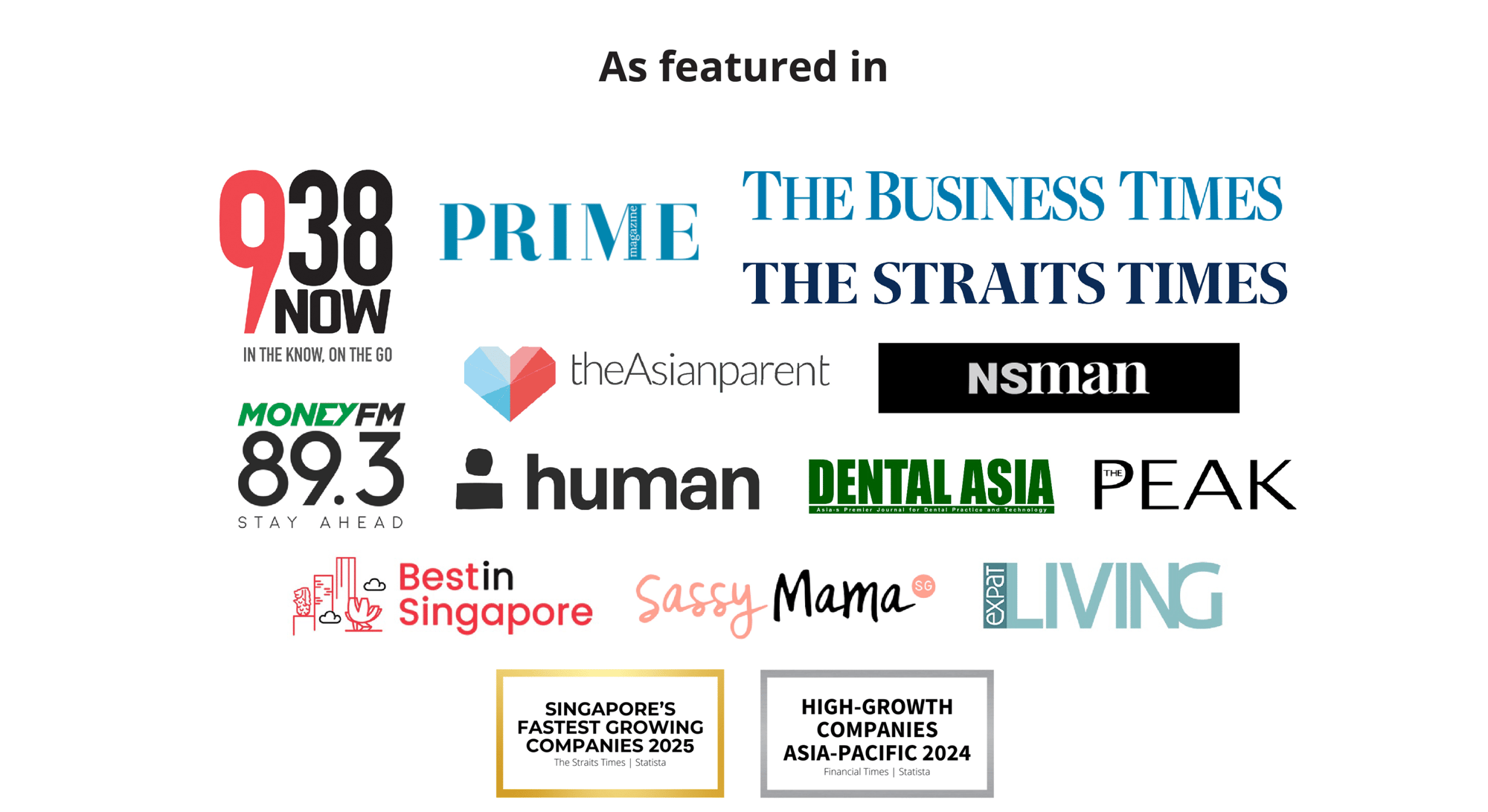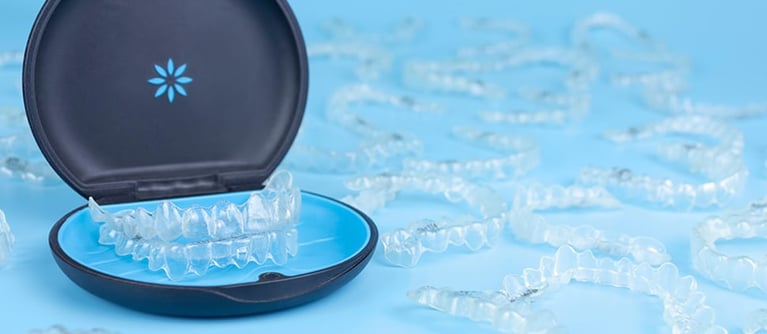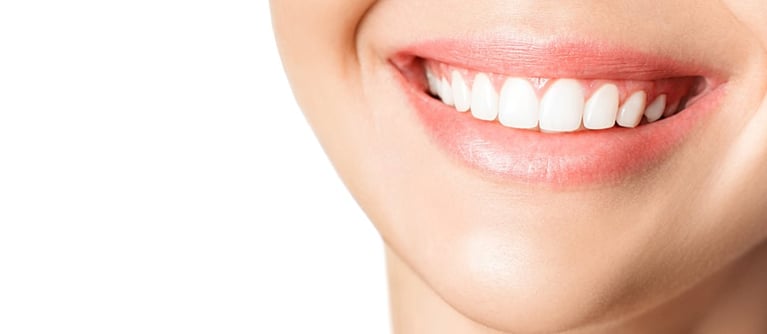Dental Implant Consultation & 3D X-ray
Your dentist will examine your mouth and take detailed 3D X-rays of your jaw. These scans help create a precise treatment plan by showing:
- Bone density and quality
- Location of nerves and blood vessels
- Proper implant positioning
- Required bone grafting (if needed)
You'll discuss your medical history, medications, and lifestyle factors that could affect healing. Your dentist will explain the timeline and costs involved.
Preparatory Procedures (if Necessary)
Some patients need additional procedures before implant placement due to other dental issues. Your dentist might recommend:
- Treatment for gum disease
- Repair of damaged teeth
- Removal of tooth decay
- Strengthening of surrounding teeth
These steps create a healthy environment for your new implant.
Tooth Extraction
If you still have a damaged tooth, it needs removal before implant placement. The process includes:
- Local anaesthetic to numb the area
- Careful removal of the tooth
- Cleaning of the socket
- Placement of stitches if needed
You'll need 2-3 months of healing time after extraction.
Bone Grafting
Weak or thin jawbones need extra support through bone grafting. The procedure involves:
- Adding bone material to strengthen the jaw
- Using synthetic bone or your own bone tissue
- Allowing 4-6 months for the graft to heal
This creates a solid foundation for your implant.
Sinus Lift
Upper jaw implants sometimes require a sinus lift if there isn't enough bone height. The process includes:
Dental Implant Surgery
The implant placement involves:
- Local anaesthetic to ensure comfort
- Making a small cut in your gum
- Drilling precisely into the jawbone
- Placing the titanium implant post
- Closing the gum with stitches
The healing period takes 3-6 months while the implant bonds with your bone.
Dental Implant Crown
After healing, your dentist will:
- Take impressions of your mouth
- Create a custom-made crown
- Attach an abutment to connect crown and implant
- Fix the permanent crown in place
Your new tooth will look and function like a natural tooth.
.png?width=2223&height=447&name=Background%20(4).png)

.svg)
.svg)
.svg)
.svg)
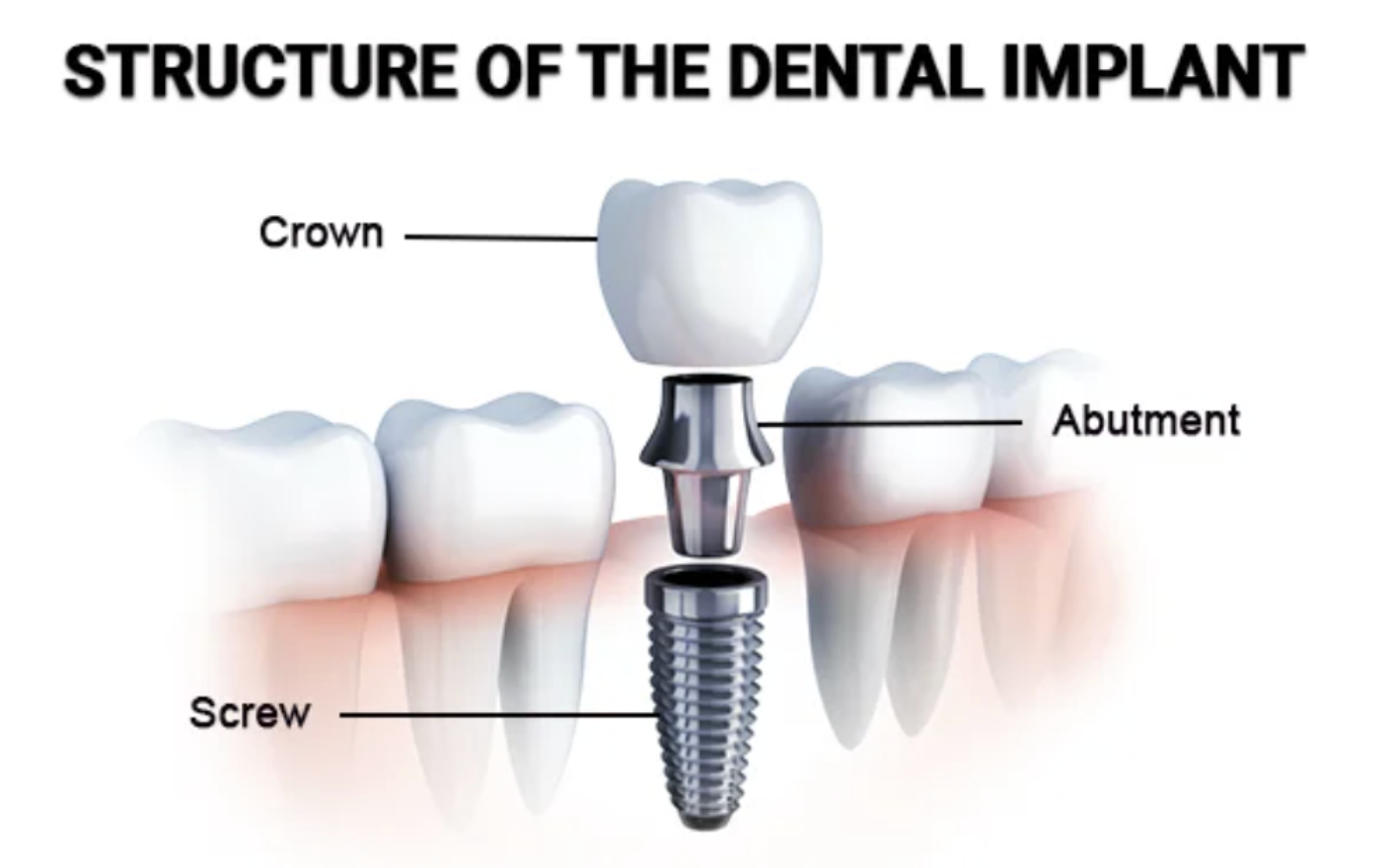
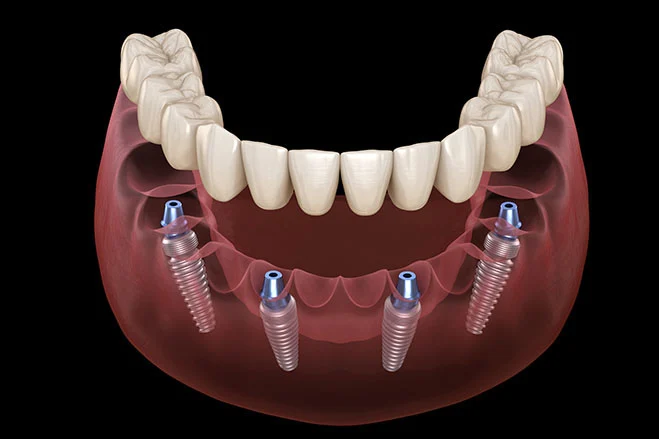










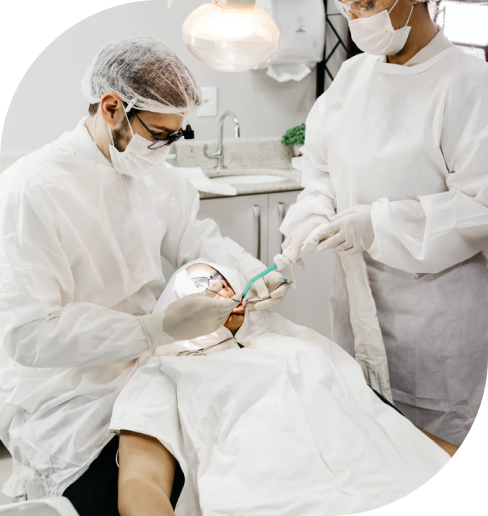
.png)

.png)




